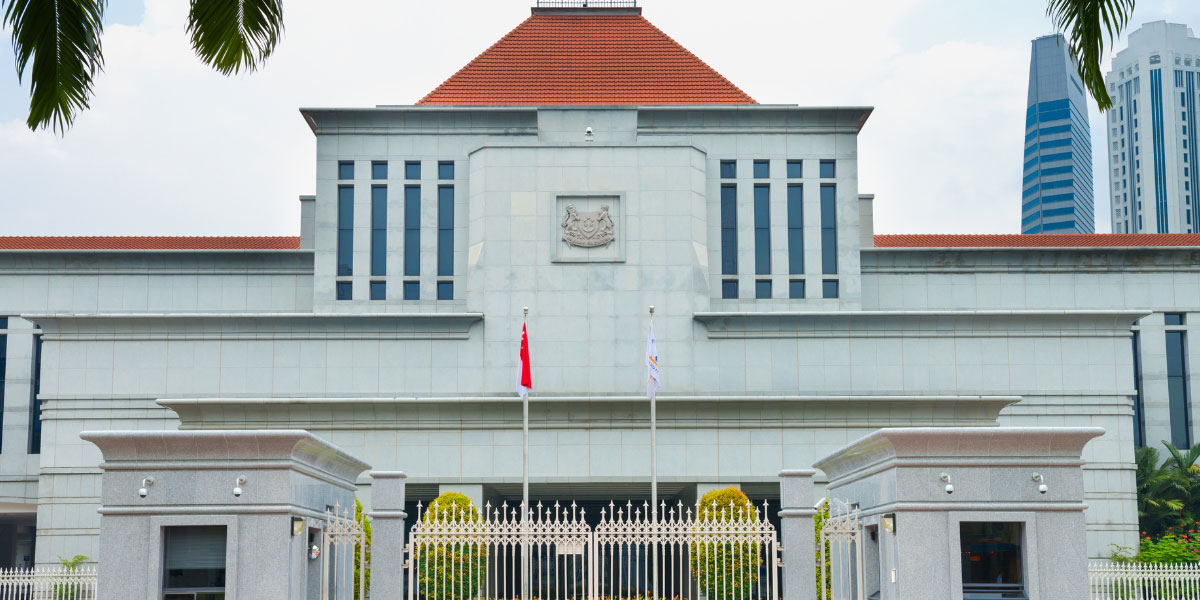On 23 July 2020 the OECD published Revenue Statistics in Asian and Pacific Economies 2020. The publication presents important statistics tracking progress on domestic resource mobilisation to support tax policy and reform. This can assist countries aiming to mobilise government revenue to pursue the sustainable development goals.
The latest issue looks at the ways in which tax revenues in the region are being affected by the COVID-19 crisis and the importance of tax policy and tax administration in supporting households and stimulating economic and fiscal recovery.
Tax-to-GDP ratios in Asian and Pacific economies
The tax-to-GDP ratio is calculated by looking at total tax revenue, including social security contributions, as a percentage of gross domestic product (GDP). The tax to GDP ratio is an important indicator for progress in domestic resource mobilisation which is an essential element in sourcing funds for development and achieving the sustainable development goals.
In 2018 the tax-to-GDP ratios in the Asia and Pacific region ranged from 11.9% in Indonesia to 35.4% in Nauru. All the jurisdictions covered by the survey with the exception of Nauru had lower tax to GDP ratios than the OECD average of 34.3%. Looking just at the Asian region, eight of the eleven Asian countries surveyed had tax to GDP ratios under 20%, the three exceptions being Japan, Korea and Mongolia. By contrast seven of the ten Pacific economies surveyed had tax to GDP ratios over 23%.
Tax structures in Asian and Pacific economies
The economies of Asia and the Pacific rely most for their tax revenue on goods and services taxes and on income taxes.
In ten of the jurisdictions surveyed taxes on goods and services accounted for the largest share of tax revenues in 2018. Generally value added tax (VAT) is less important to these countries as a revenue source than other taxes on goods and services, such as excises and import duties. Income taxes were the main source of tax revenues in the other jurisdictions, except in Japan where social security contributions were important. The share of income tax revenues in total tax revenues varied from 34.1% in Korea to 70.2% in Nauru.
Corporate income tax revenues were higher than personal income tax revenues in four of the Asian countries in the survey (Indonesia, Malaysia and Singapore and Bhutan).
Social security contributions were only a small part of government revenues in most of the economies surveyed, although Japan was an exception, obtaining 39.9% of total tax revenue from social security contributions in 2017. Social security contributions were also an important part of total tax revenue in Mongolia (20.1%) and Korea (25.4%) in 2018.















